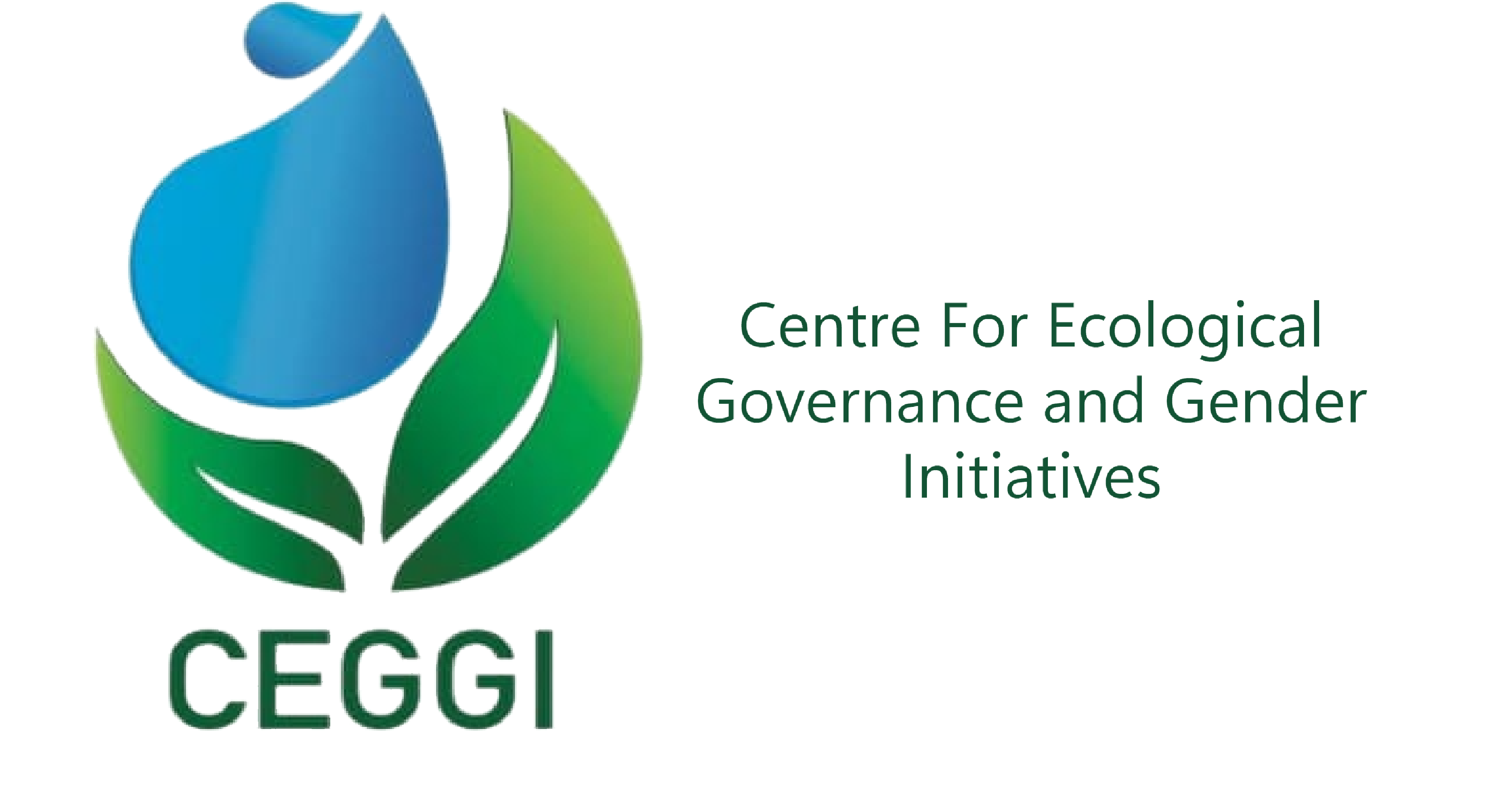We champion gender equality, fighting against gender-based violence and promoting women’s empowerment. Through inclusive programs, we enhance social justice, supporting marginalized groups and amplifying their voices.
Background information
The Constitution of the Republic of Uganda provides overall legal framework for the Uganda Gender Policy (UGP). It recognizes equality between women and men. It provides for gender balance and fair representation of marginalized groups; recognizes the role of women in society; freedom from discrimination, and affirmative action in favour of women; and articulates specific rights of women including outlawing customs, traditions and practices that undermine the welfare, dignity and interests of women.
Uganda has made great strides to put laws, policies and institutional frameworks in place that give all citizens the right to own property, to protect and support women’s rights, prohibit discrimination and address women’s exclusion from development interventions. Uganda has also made commitments for action at both national and international conferences, recognizing the need for empowerment and advancement of women, and also ratified several international treaties to address the exclusion of women. The problem is the lack of implementation of these laws and policies which support women and men`s equal access to, control and ownership of land, property, and women`s position in decision-making at all levels.
Some of the challenges that lead to gender inequality
Because of limited access to land, food insecurity prevalence rate is higher among women than men, indicating that women are more vulnerable to impacts related to lack of access to healthy and nutritious food. Women and children are more likely to suffer from illnesses that are related to poverty, hunger, malnutrition and lack of access to safe and clean water.
It has been observed that there is strong correlation between land and domestic violence which affects the productivity of women who provide the main labor in the agricultural sector and food provision by curtailing women’s engagement in economic activities for their sustenance and family livelihoods.
A lack of understanding and appreciation of women`s rights among women themselves and more especially the rural women, which significantly hinders them from exercising their rights over land and other resources and benefits is also a problem.
Progress to involve especially the grassroots women has been very slow and uneven. Due to poverty and lack of access to land for basic necessities, inequalities between women and men have persisted with serious consequences for the well-being of families within the rural settings.
It is against this background that CEGGI mainstreams gender in all its programs, and implements gender specific activities in line with the national and international laws regarding gender equality and enhancing gender equity in natural resources management to benefit both women and men.
Activities
- Creating awareness among women of their right to be involved in ecosystem conservation, economic and social development, and have equal opportunities to participate as agents and beneficiaries of people-centered sustainable development. This capacity development will allow women to be part of and have control over public decisions that impact positively on their livelihoods.
- Network with local, national, regional and international partners that promote gender sensitive activities for information sharing and experiences on best practices.
- Building community cohesion to have attitude change towards gender equality and equity, especially the male fraternity who hold power and have the key to women’s liberation.
- Where necessary CEGGI shall conduct studies to establish the state of gender based violence in communities and its effect on women’s economic empowerment. The studies will establish the benchmarks, against which progress on women’s empowerment will be measured,
- Sensitize communities to create awareness and increase knowledge on the causes and effects of gender based violence and its impacts on community development and solutions on prevention.
- Provide psychosocial support and legal aid to persons affected by gender based violence and train women and girls in alternative livelihood activities and operationalize income generating activities selected by communities.
